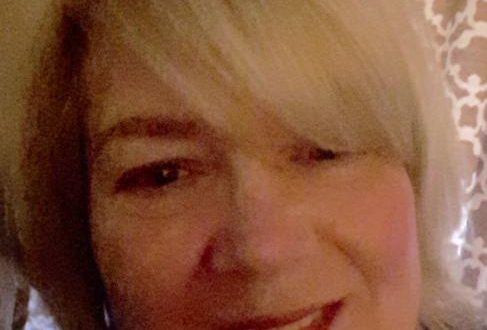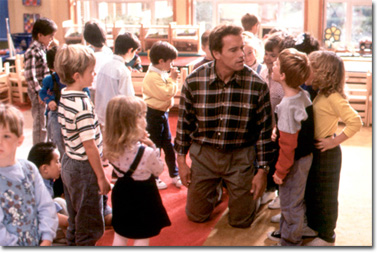Who Determines Your Value?
It feels euphoric. You hit the deadline and get props from the boss. Receive a compliment on your outfit. Have a romantic second date with a stellar guy. Watch your kid sink the winning shot. In moments like these your confidence surges; you have or do something the world determines to be valuable. But, what about when you miss the deadline and the boss goes off? When your outfit gets a disapproving stare. When no one asks you out. When your kid doesn’t even make the team, much less the winning basket. In moments like these your confidence plummets; you don’t have or do what the world determines as valuable. It’s like riding a roller coaster. And it’s absolutely, painstakingly exhausting.
Two thousand years ago Israel’s religious leaders had everyone riding that coaster, too. The Scribes and Pharisees were part of the well-educated and wealthy ruling class. This group held high positions in both religious and political society, using their powerful perch to dictate broader values of Israelite society. Using skewed interpretations of God’s character and Scriptures resulted in the religious establishment’s promotion of values based on outward appearance and widespread rejection of "undesirables." These undesirables were simply poor oruneducated. They suffered with disabilities or disease or were born outside the Jewish race. They were admittedly unwilling or unable to uphold the 600+ Jewish laws. Therefore, they were cast out of religious and social circles, often restricted from basic human interaction.
Until they met Jesus who accepted them. Dined with and enjoyed them. Loved and ministered to them. Valued them. Luke 15 recounts how everything between the religious leaders and Jesus came to a climax.
"Dishonest tax collectors and other notorious sinners often came to listen to Jesus’ sermons; but this caused complaints from the Jewish religious leaders and the experts on Jewish law because he was associating with such despicable people—even eating with them!
So Jesus used this illustration: “If you had a hundred sheep and one of them strayed away and was lost in the wilderness, wouldn’t you leave the ninety-nine others to go and search for the lost one until you found it? And then you would joyfully carry it home on your shoulders. When you arrived you would call together your friends and neighbors to rejoice with you because your lost sheep was found. [lk 15.1-6]
Consider how valuable sheep were two thousand years ago. People used them for food and milk and clothing. More sheep meant more wealth, which meant greater social status. So, losing even one from a flock of one hundred was devastating to anyone basing their personal value on having what the world determines as valuable. Jesus continued,
“Well, in the same way heaven will be happier over one lost sinner who returns to God than over ninety-nine others who haven’t strayed away!" [Lk 15.7]
Contra felt-board theology, Jesus wasn’t making a blanket statement about God valuing lost things. Jesus was challenging the religious leaders for buying into the world’s value system, one based on external and temporal things. And Jesus challenged that faulty system by revealing God’s.
The world values a returned sheep, a possession. God values a returned sinner, a person.
Are you tired of the roller coaster? Ready to stop fretting over friending and trending and all the external focus? God values you, his hand-crafted, precious own. Even before you were born he cherished you with his unending, unchanging love. Even before he flung a star into the sky he wanted and valued you. He alone determines your value because he created you. And if you’re curious what that value estimation is, look to Jesus, who came to earth and died a horrific death on the cross as payment for our sins so that we could know and love him forever. To Jesus, you’re worth dying for. And that’s a value that can never change.
How can we live this truth daily?
How does our living it help others see their value?



